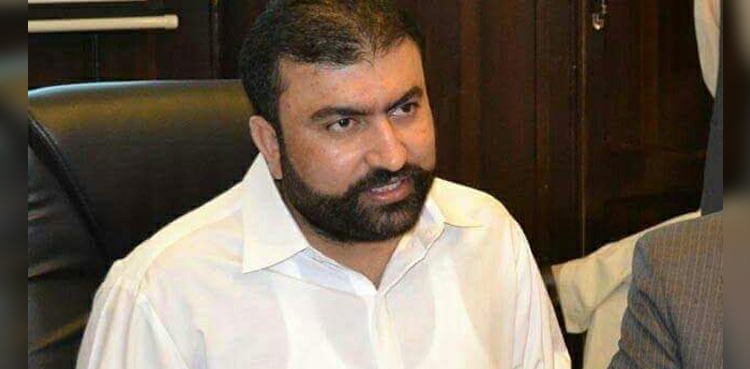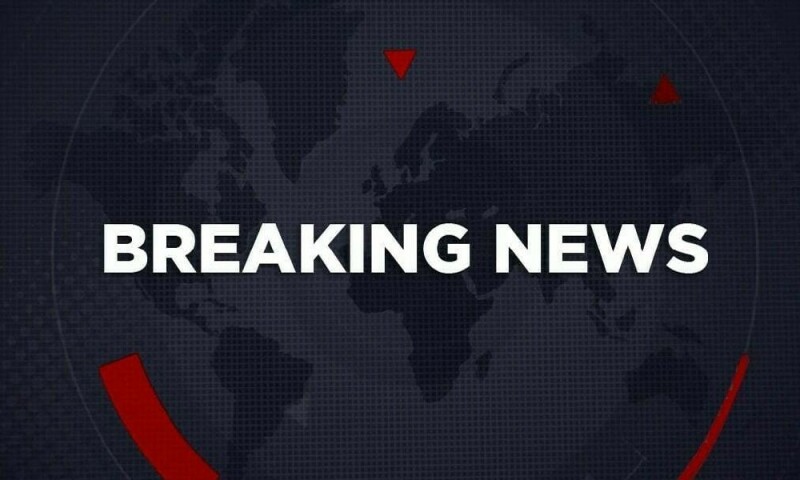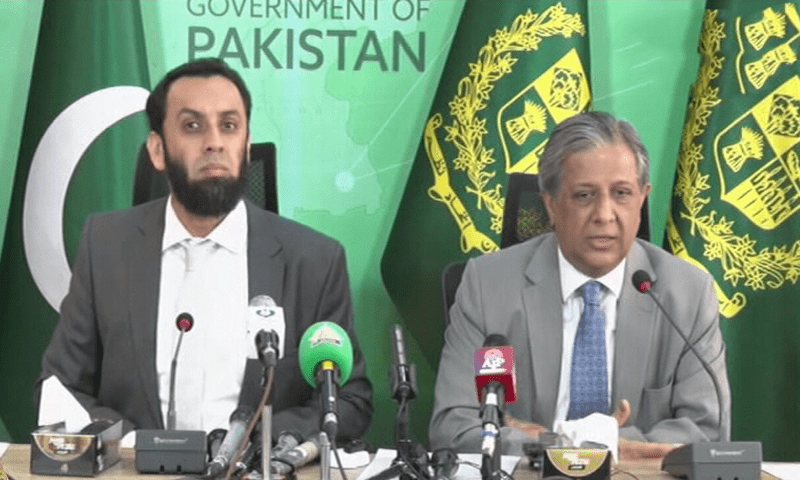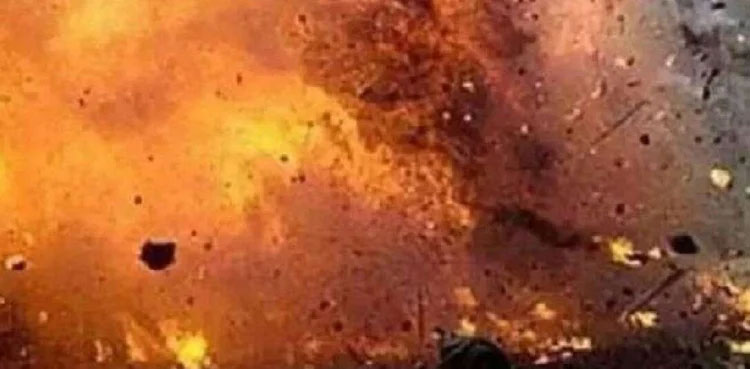FearlessRoar
T20I Star
- Joined
- Sep 11, 2023
- Runs
- 30,521
Barrick Gold delegation meets PM: Reko Diq feasibility study due by year-end
A delegation from Barrick Gold Company, led by Chief Executive Officer Mark Bristow, met Prime Minister Shahbaz Sharif on Friday. They informed him that the feasibility study for the Reko Diq project in Balochistan would be completed by the end of the current year.
The prime minister expressed his belief that the Reko Diq project would be a game changer for the development of Balochistan and the wider region. He stated, "This project will usher in a new era of development of the province and prosperity of the people."
He also said planning would be done regarding communication infrastructure, particularly railway lines, to fully utilise Balochistan's mineral resources.
Furthermore, the prime minister urged Barrick Gold to consider investing in other mineral projects within the province. He suggested potential collaboration between the government and Barrick Gold to establish a technical university in Chagai district.
The government, he noted, is committed to facilitating investors, particularly in the areas of road and communication systems.
In terms of the progress of the Reko Diq project, the Barrick Gold delegation reported that the feasibility study would indeed be concluded by the end of the current year. They highlighted the company's prioritisation of employing local and Balochistan domiciled individuals for the project.
Additionally, Barrick Gold disclosed their efforts in corporate social responsibility, including the establishment of three schools near Reko Diq and the provision of technical training to 100 individuals, including women.
The meeting was attended by Petroleum Minister Musadik Malik, Federal Minister for Law and Justice Azam Nazir Tarar, Deputy Chairman of the Planning Commission Muhammad Jehanzeb, and other relevant senior government officials.

Reko Diq feasibility nears completion | The Express Tribune
Saudi Fund for Development delegation calls on PMtribune.com.pk
PM directs to ensure foolproof security of Reko Diq project workers, logistics
Prime Minister Shehbaz Sharif on Sunday underscored the importance of safeguarding workers involved in the Reko Diq project, pledging to ensure their security and smooth logistics from Reko Diq to the port, Radio Pakistan reported.
In a meeting in Lahore, chaired by the prime minister, focusing on mines and minerals of Balochistan with a special emphasis on the Reko Diq project, PM Shehbaz stressed the need for meticulous planning, particularly concerning the communication infrastructure such as the railway line, to fully exploit the mineral resources in Balochistan.
Instructions were issued during the meeting for the immediate upgrading of existing road networks to link the Reko Diq project with Gwadar via road.
The premier also urged consultation with all stakeholders at official levels to address any obstacles hindering the project's progress.
Furthermore, Shehbaz called for expediting the completion of under-construction roads and strategizing the feasibility of a railway network from Reko Diq to Gwadar port.
Highlighting the benefits of the proposed railway project, the prime minister mentioned that it would facilitate swift access and reduce distance compared to Karachi’s Bin Qasim port, particularly benefiting the mineral-rich district of Chaghai and promoting the mining industry.
Seeking further insights, the prime minister requested a detailed briefing next week on the Reko Diq project and rail connectivity.
Moreover, he directed the removal of all official hurdles to complete the environmental and social impact assessment concerning the Reko Diq project.
It was disclosed during the meeting that the feasibility study for the Reko Diq project is set to conclude by the end of the year, with plans for transporting 6,000 containers monthly from Reko Diq to the port.
Additionally, attendees were informed that the project's concentrate pipeline would be the world's second-longest slurry pipeline, and the mining company would construct a link road from Reko Diq to National Highway-40.
Progress updates were provided, revealing that 58 per cent of the construction work on the 103-kilometre road from Naukundi to Mashkhel, connecting Reko Diq with Gwadar, has been completed.
Among the attendees was a delegation from Barrick Gold Company, led by its Chief Executive Officer Mark Bristow.
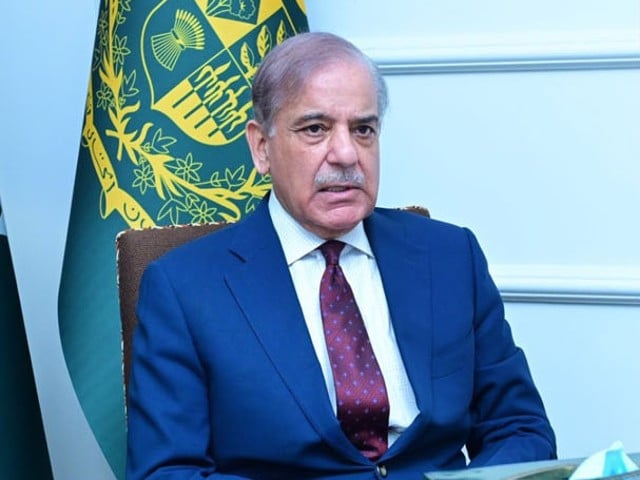
PM directs to ensure security of Reko Diq project workers | The Express Tribune
Shehbaz urges consultation with all stakeholders to address any obstacles hindering project's progress






